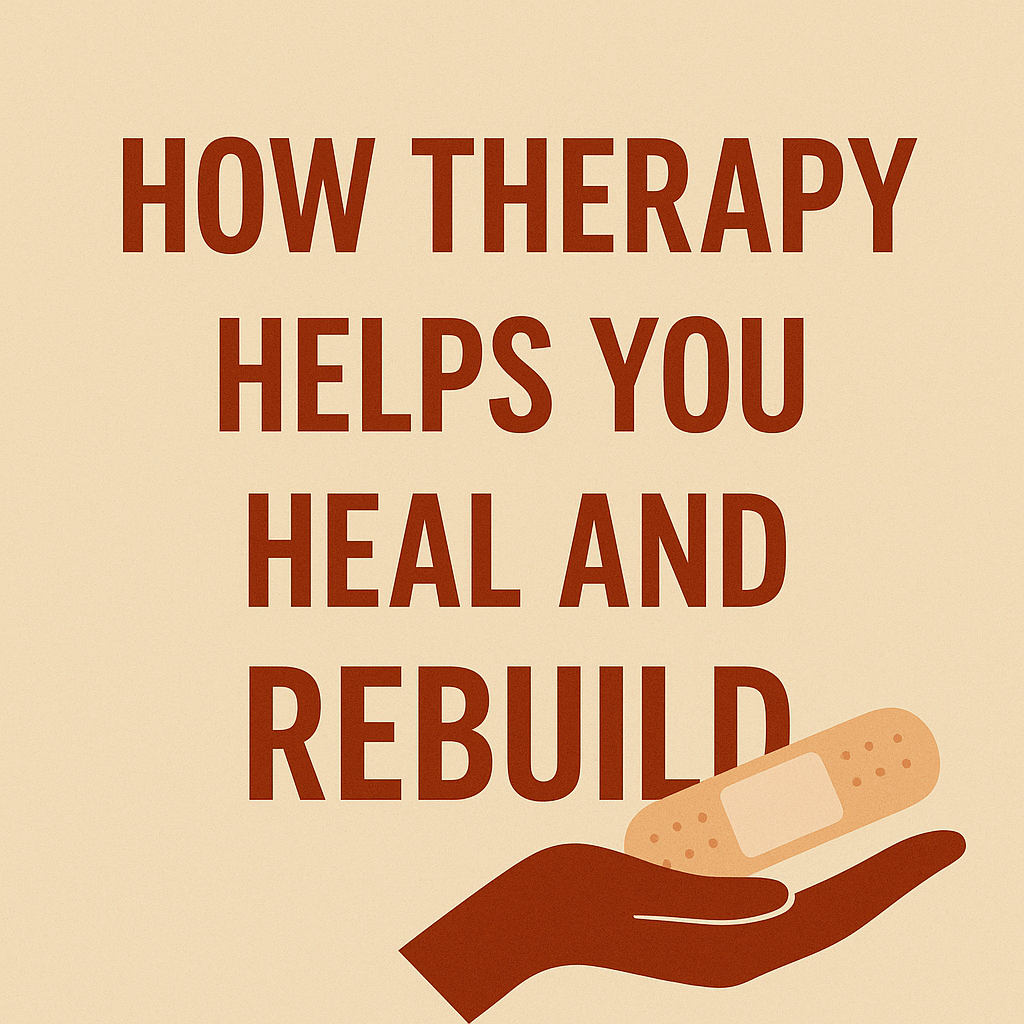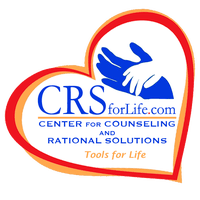Understanding Trauma Responses: How Therapy Can Help You Heal and Rebuild

Trauma is not always about a single catastrophic event — it can also come from ongoing stress, painful relationships, childhood experiences, or sudden life changes such as divorce or loss. Trauma leaves a lasting imprint on the body and mind, often showing up in ways people don’t always recognize as “trauma.”
At CRS for Life, we believe healing begins with understanding. When you can name what you’re experiencing, you can start to release the shame and build new pathways toward resilience. That’s the heart of trauma-informed care: compassion, safety, and strategies that meet you where you are.
Trauma responses are the mind and body’s way of protecting you from perceived danger. They often show up in one of these common patterns:
-
Fight – reacting with anger, irritability, or controlling behaviors.
-
Flight – feeling restless, anxious, or always needing to stay busy.
-
Freeze – feeling numb, detached, or unable to make decisions.
-
Fawn – prioritizing others’ needs over your own to avoid conflict or abandonment.
These responses are not weaknesses; they are survival strategies your nervous system created to keep you safe. The challenge is that over time, they can hold you back from living fully.
Unprocessed trauma can affect:
-
Relationships – difficulty trusting or feeling safe with others.
-
Emotions – sudden waves of sadness, fear, or anger.
-
Body – headaches, tension, fatigue, or sleep problems.
-
Self-Image – feelings of guilt, shame, or not being “enough.”
These effects are real — and they deserve care, not judgment.
Therapy provides a safe, supportive environment to gently explore your experiences, understand your trauma responses, and build new coping strategies. At CRS for Life, our trauma-informed approach focuses on:
-
Safety First – creating a calm, nonjudgmental space where you are always in control of the pace.
-
Education – helping you understand how trauma affects the brain and body, so you realize your reactions are normal and not “your fault.”
-
Skill-Building – teaching grounding techniques, mindfulness practices, and emotional regulation tools to manage stress in real time.
-
Reconnection – guiding you to rebuild self-trust, strengthen healthy relationships, and reconnect with the life you want to create.
Healing from trauma doesn’t mean erasing the past. It means learning how to carry it differently, with less pain and more compassion for yourself. With the right support, you can move from surviving to thriving.
At CRS for Life, we walk alongside you on that journey — helping you build tools for resilience, reclaim your sense of self, and create a future defined not by trauma, but by growth.
You are not broken. You are healing.
Take the first step today at www.crsforlife.com.

